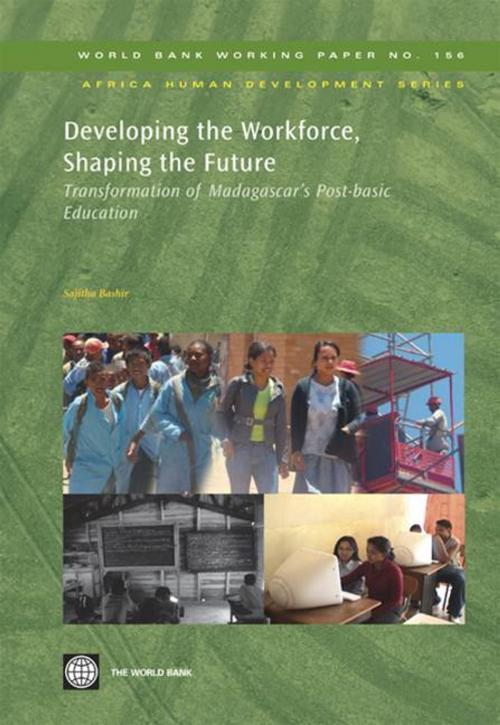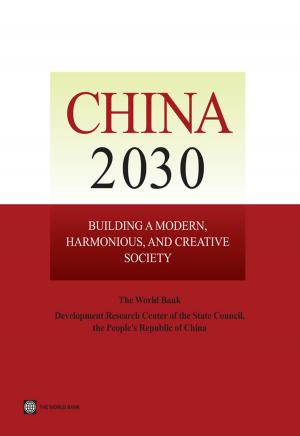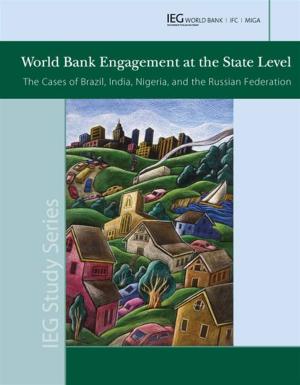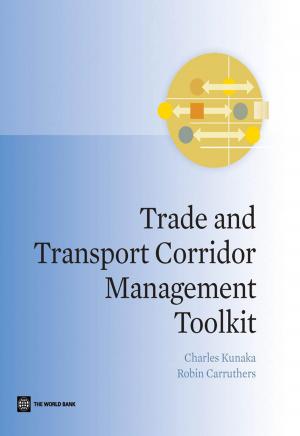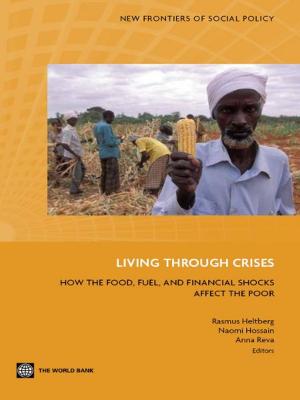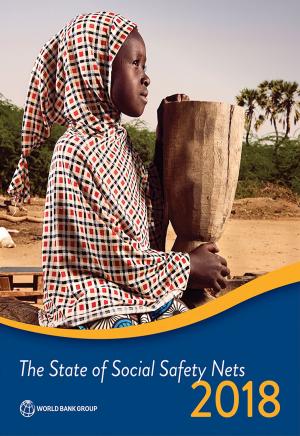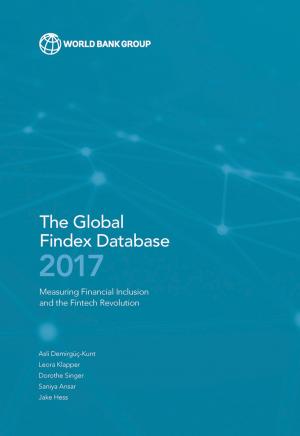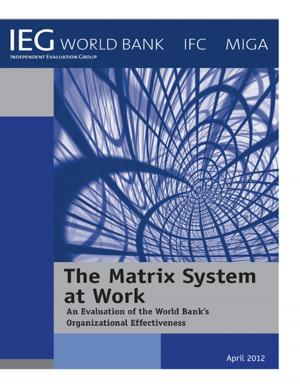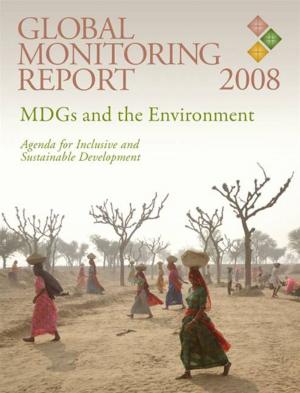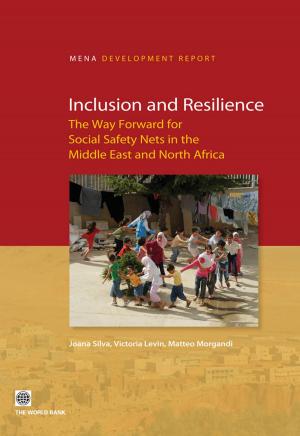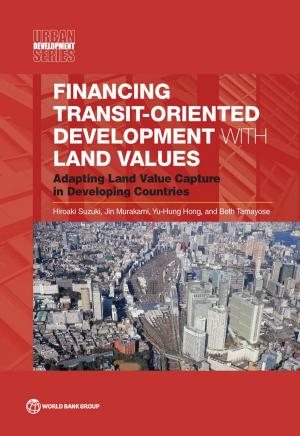Developing The Workforce, Shaping The Future: Transformation Of Madagascar??S Post-Basic Education
Nonfiction, Reference & Language, Education & Teaching, Secondary Education| Author: | Bashir Sajitha | ISBN: | 9780821378168 |
| Publisher: | World Bank | Publication: | January 30, 2009 |
| Imprint: | Language: | English |
| Author: | Bashir Sajitha |
| ISBN: | 9780821378168 |
| Publisher: | World Bank |
| Publication: | January 30, 2009 |
| Imprint: | |
| Language: | English |
With challenges similar to those faced by a number of low income countries, Madagascar faces critical policy choices with respect to post-basic education. Enrolment ratios in senior secondary education and tertiary education are 10 percent and 3 percent, respectively, among the lowest in the world. Critical skill shortages and pervasive inequities in access necessitate changes in the quantity and quality of education and skills. The increasing number of basic education completers and demographic growth are mounting pressure on the government to expand access to post-basic education. Responding to these economic and social challenges, the government has made the transformation of education one of the key priorities of the Madagascar Action Plan. However, low domestic revenues and competing demands from other sectors, including basic education, limit the room for maneuver. Caught between these two pincers, policy makers often choose to sacrifice quality over expanding access or are unable to develop a long term vision. The report provides a convincing reform scenario for a low income country, with actions to be undertaken in the medium and long term to sustain the development of post-basic education in an environment of limited public resources and implementation capacity. Policy makers in other developing countries will find this report useful to gauge their own strategies for post basic education.
With challenges similar to those faced by a number of low income countries, Madagascar faces critical policy choices with respect to post-basic education. Enrolment ratios in senior secondary education and tertiary education are 10 percent and 3 percent, respectively, among the lowest in the world. Critical skill shortages and pervasive inequities in access necessitate changes in the quantity and quality of education and skills. The increasing number of basic education completers and demographic growth are mounting pressure on the government to expand access to post-basic education. Responding to these economic and social challenges, the government has made the transformation of education one of the key priorities of the Madagascar Action Plan. However, low domestic revenues and competing demands from other sectors, including basic education, limit the room for maneuver. Caught between these two pincers, policy makers often choose to sacrifice quality over expanding access or are unable to develop a long term vision. The report provides a convincing reform scenario for a low income country, with actions to be undertaken in the medium and long term to sustain the development of post-basic education in an environment of limited public resources and implementation capacity. Policy makers in other developing countries will find this report useful to gauge their own strategies for post basic education.
